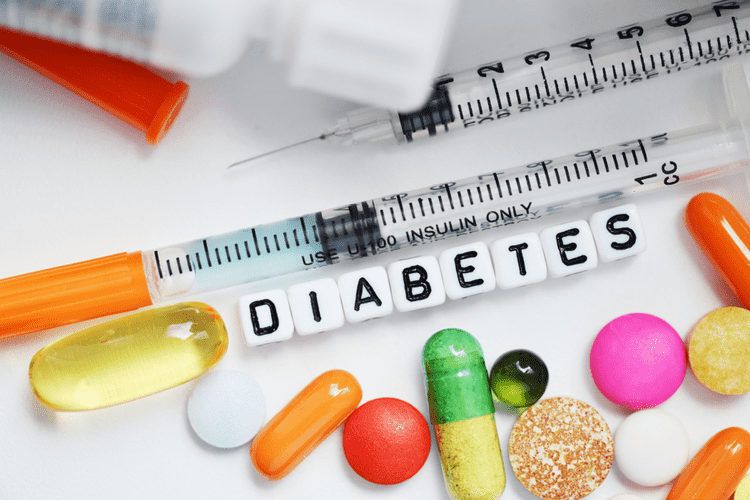A hallmark of the disorder is that the person continues to drink despite the problems that alcohol causes. There is no absolute number of drinks per day or quantity of alcohol that defines an alcohol use disorder, but above a certain level, the risks of drinking increase significantly. Any person can attest to the fact that alcohol impacts your body in more ways http://srrccs.ru/warez/26275-forbidden-shakers-tech-2013.html than one. From reduced inhibitions to a hangover that will make you regret your decision to drink, alcohol can have a huge impact on your mind and body, including your menstrual cycle. However, Banyan Stuart recognizes that there’s a lot of conflicting research on “does drinking alcohol affect your menstrual cycle,” so let’s dive into it.

Someone with an alcohol addiction who has remained sober for months or years may find themselves drinking again. They may binge https://freeblog4u.com/write-for-us/ drink once or drink for a period of time before getting sober again. It’s important that the person get back on track and resume treatment. A common initial treatment option for someone with an alcohol addiction is an outpatient or inpatient rehabilitation program. It can help someone handle withdrawal symptoms and emotional challenges. Outpatient treatment provides daily support while allowing the person to live at home.

Alcohol use disorder is considered a progressive disease, meaning that the effects of drinking alcohol become increasingly more severe over time. Taking an alcoholism screening quiz can help you determine whether you have the symptoms of an alcohol use disorder. Heavy alcohol use is binge drinking on five or more days within the past month, or https://fesk.ru/ramsar/70.html consuming more than seven drinks per week for women and more than 14 drinks per week for men.

If an individual is beginning to think about alcohol as a problem worth trying to solve, educational groups may provide support for weighing the pros and cons of drinking. Women must be aware of the potential effects of alcohol use on their menstrual health. A woman should seek medical advice if her periods become persistently irregular or take a long time to arrive after drinking. Alcohol can stop or cause irregular menstrual cycles because it increases levels of hormones like estrogen and testosterone, and sometimes the luteinizing hormone. This causes a hormonal imbalance, which in turn can affect whether your period occurs, how long it lasts, and how heavy it is. Pancreatitis can be a short-term (acute) condition that clears up in a few days.